EU dairy farmers boost milk production, but Dutch farmers see a decline. What does this mean for milk prices and your farm’s future?
Summary: As we delve into the first half of 2024, the landscape of milk production within the European Union reveals a complex mix of growth and decline. Overall, the EU’s dairy farmers have produced 1.0 percent more milk than last year’s last year, with Poland and France leading the charge. Conversely, countries like Ireland and the Netherlands are experiencing notable decreases in milk output, mirroring trends in other global dairy markets such as Argentina and Uruguay. Dutch farmers experienced a 3% drop in milk output in July, and the total milk volume is 1.6% lower over the first seven months of 2024, affecting milk pricing and market dynamics. Meanwhile, European milk prices surged 8 percent in July 2024, reflecting a volatile yet dynamic market environment. This multifaceted scenario prompts us to examine the intricacies behind these regional fluctuations and their broader implications for dairy farmers worldwide. Australia stands out in this global context, with a notable 3% increase in milk production, further influencing market dynamics.
- EU dairy farmers produced 1.0% more milk in the first half of 2024 compared to 2023.
- Poland and France significantly contributed to the increase in EU milk production.
- Ireland and the Netherlands saw notable declines in milk output.
- Global milk production trends show declines in Argentina, Uruguay, and the US, contrasting with growth in Australia.
- Dutch milk output decreased by 3% in July and is 1.6% lower over the first seven months of 2024 than last year.
- European milk prices rose 8% in July 2024, indicating a volatile market environment.
- The fluctuations in milk production across regions have broader implications for global dairy markets and farmers.

Why are European dairy farmers increasing output while Dutch farmers are declining? In the first six months of 2024, EU dairy farmers produced 1% more milk than the previous year, with Poland and France leading the growth. In contrast, Dutch farmers face a 3% drop in milk output in July. Understanding these conflicting patterns is critical for anybody working in the dairy business since they directly influence milk pricing and overall market dynamics. This disparity may affect anything from pricing tactics to export potential. Staying ahead requires manufacturers to comprehend the larger market, locally and worldwide, and keep up with their production. So, what is driving these developments, and how can you remain competitive in such a turbulent market?
The Dynamic Landscape of EU Dairy Production: Comparing Growth and Decline
In the intricate fabric of European Union dairy output, the first half of 2024 has woven a story of moderate but significant rise. The collective efforts of dairy farmers throughout the EU have resulted in a 1% rise in milk production compared to last year, showcasing a region-wide resilience to enhance milk supply despite various local challenges.
Poland has performed remarkably in this trend, contributing significantly to the EU’s total results. In June alone, Polish dairy producers increased output by an astonishing 4%, considerably increasing the EU’s total results. France also played a key role, with its production increasing substantially in June. Germany, a dairy production powerhouse, reported a tiny but encouraging increase compared to June 2023, adding to the total growth.
However, the success story is not universal throughout the continent. Ireland’s dairy industry has faced challenges, with June output falling by 1%. These challenges could be attributed to [specific factors such as weather conditions, feed expenses, or government policies]. Though this reduction is an improvement over prior months’ steeper declines, it contrasts sharply with improvements witnessed in other important dairy-producing countries.
Global Milk Production: A Story of Interconnected Declines and Surprising Growth
Milk production in the Netherlands is declining significantly, mirroring regional and worldwide trends. Dutch dairy producers witnessed a 3% decrease in July compared to the previous year. Over the first seven months of 2024, total milk volume is 1.6 percent lower.
This declining tendency isn’t limited to the Netherlands. Several major dairy-exporting nations throughout the world are facing similar issues. For example, Argentina’s milk production dropped 7% in June, while Uruguay’s plummeted 13%. The United States likewise recorded a 2% reduction in milk output over the same time.
In contrast, Australia is an anomaly, with a 3% increase in milk output, breaking the global declining trend. Such variances illustrate the many variables influencing dairy output across locations, emphasizing the significance of resilience and adaptation in the dairy farming business.
Rising Milk Prices: An Industry in Flux and What It Means for You
Milk production changes are significantly influencing milk prices across the European Union. The 8% rise in milk prices in July 2024 over the same month in 2023 is strong evidence of this trend. When milk production declines, like in the Netherlands and Ireland, supply tightens, resulting in higher prices. This price rise is also influenced by [specific factors such as market demand or government policies].
Furthermore, the comparison of EDF and ZuivelNL milk pricing demonstrates this tendency. In July, most firms saw a rise in milk prices, with just a handful holding prices steady and one reporting a decrease. This reflects a more significant, industry-wide trend toward higher milk pricing, mainly owing to changing production levels.
Understanding these patterns can help dairy producers negotiate the market more effectively. Are you ready to adjust to the changes? Whether aiming to increase output or save expenses, remaining aware and agile will be critical in these uncertain times.
What’s Behind the Fluctuations in Regional Milk Production?
Have you ever wondered why certain places see a surge in milk production while others lag? When studying these different patterns, several variables come into play. Weather conditions are a crucial factor. Unfavorable weather may disrupt feed supplies and cow health, affecting milk output. On the other hand, favorable weather conditions might increase output rates. Have you recently faced any weather-related issues on your farm?
Feed expenses are also an important consideration. Rising feed costs discourage farmers from retaining big herds, reducing milk yield. Have you seen any swings in feed prices, and how have they impacted your operations?
Government policies also have a huge impact. Regulations governing environmental standards, animal welfare, and trade regulations might result in higher expenses or operational adjustments that may help or impede milk production. Have recent legislative changes in your nation affected your farm?
Market demand plays a pivotal role in shaping manufacturing decisions. Farmers are more likely to optimize productivity when milk prices are high. Conversely, low pricing might inhibit output, leading to reductions. Understanding and adapting to current market demand can empower your manufacturing strategy.
The Intricate Dance of Milk Production Trends: Balancing Opportunities and Challenges
Dairy producers face both possibilities and problems as milk production patterns shift throughout the EU and worldwide. Higher milk prices, such as the 8% rise in July 2024, may significantly improve a farmer’s bottom line. This price rise offers a cushion to withstand rising manufacturing costs, and promises improved profitability. But remember the other side: sustaining or increasing output levels amidst variable supply is no simple task.
For many farmers, effectively managing their farms is critical to navigating these changes. Given the reported decreases in areas such as the Netherlands and Ireland, the focus should be on improving herd health and milk output. Regular veterinarian checkups, adequate diet, and stress-free cow habitats are essential. Adopting technology to improve herd management may simplify many of these operations.
Consider using data to track cow performance and anticipate any health concerns before they worsen. Automated milking systems, precise feeding methods, and real-time data analytics may all provide significant information. This proactive strategy not only assures consistent output but also improves the general health of your cattle.
Innovation in feed quality should be considered. Climate change impacts grazing conditions and feed quality; thus, diversifying feed sources to include nutrient-dense choices will assist in sustaining milk production levels. Collaborate with agronomists to investigate alternate fodder or forage systems tolerant to shifting weather patterns.
Finally, developing a supportive community around dairy farming is critical. Networking with other farmers via local and regional dairy groups, attending industry conferences, and participating in cooperative ventures may provide emotional and practical assistance. Sharing information and resources contributes to developing a resilient and adaptable agricultural community that meets current and future problems.
Although increasing milk prices provides a glimpse of optimism and possible profit, the route to steady and expanded output requires planning and competent management. Dairy producers can successfully navigate these turbulent seas and secure a sustainable future for their farms by concentrating on herd health, adopting technology, optimizing feed techniques, and developing communities.
The Bottom Line
As we’ve negotiated the changing terrain of EU dairy production, it’s become evident that regional discrepancies are distinctively influencing the business. The extreme disparities between nations such as Poland, which is increasing, and the Netherlands, which is declining, underscore the global dairy market’s complexity and interdependence. Furthermore, although some areas are suffering a slump, others, such as Australia, are seeing growth that defies global trends. European milk prices have risen during these developments, creating both possibilities and problems for dairy producers.
Today’s challenge is adjusting to the dairy industry’s altering trends. Staying informed and active with industry changes is critical for navigating this volatile market. As trends shift, your ability to adapt proactively will decide your success. Maintain industry awareness, embrace change, and prosper in uncertainty.







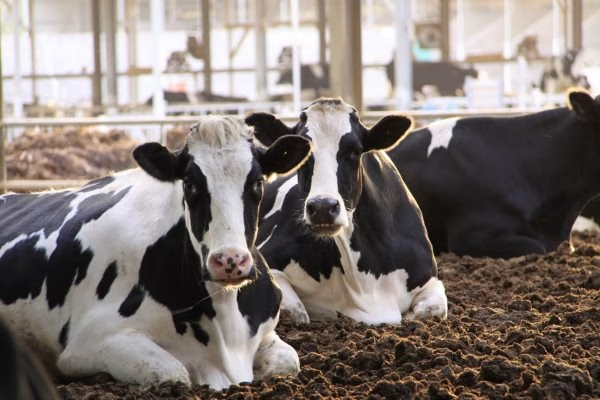
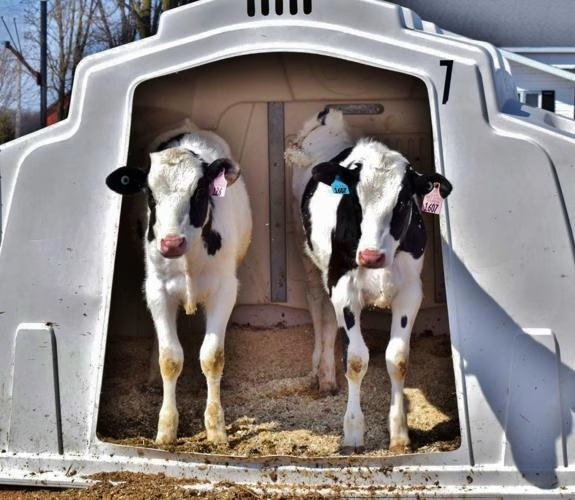





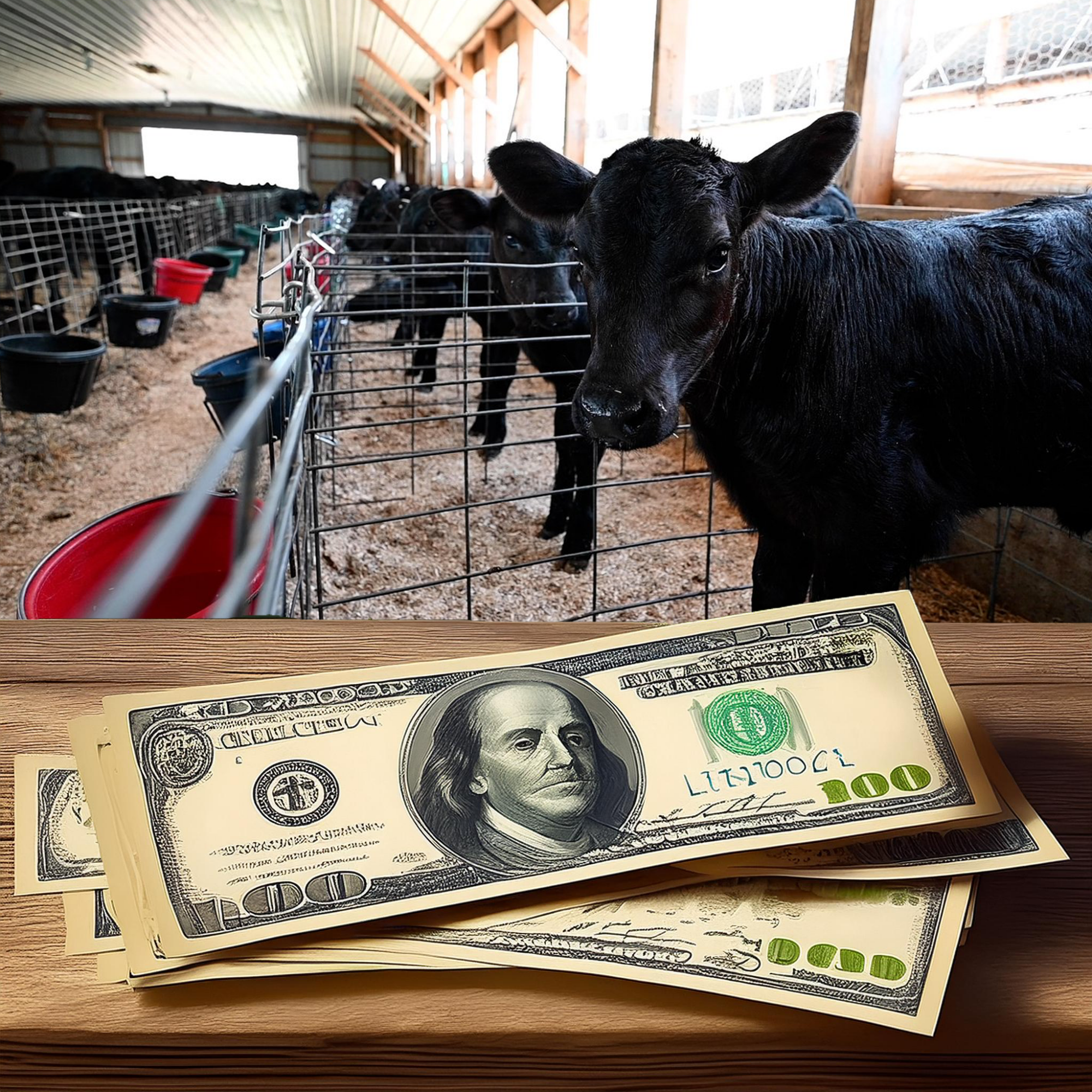
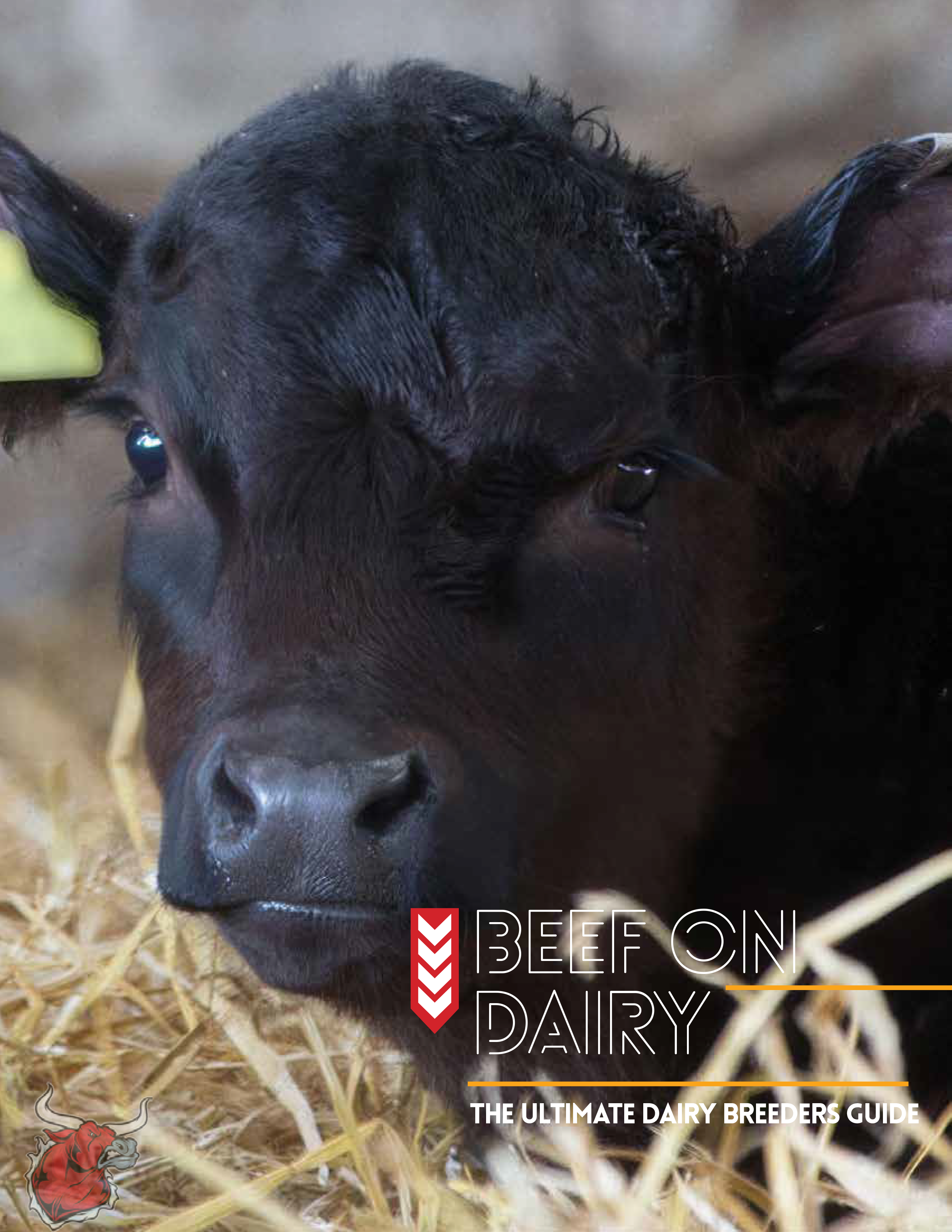



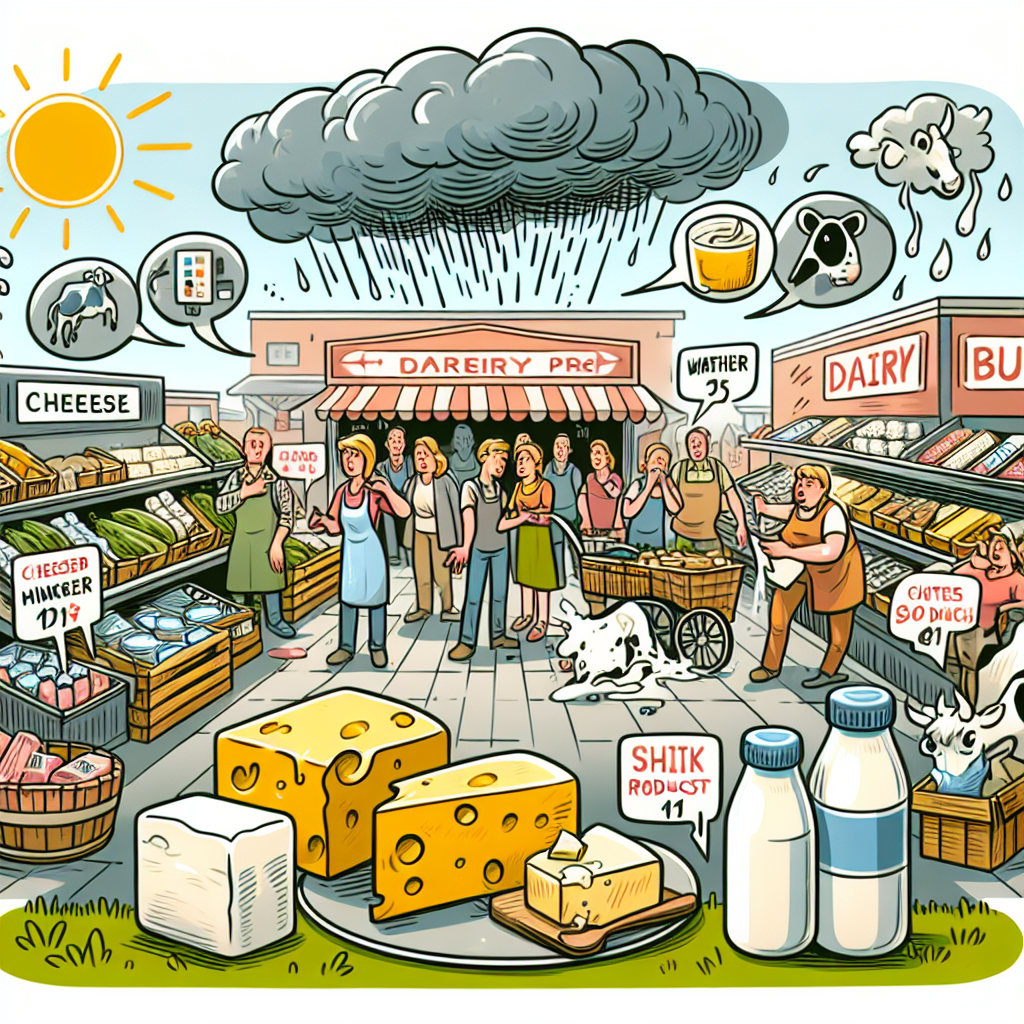



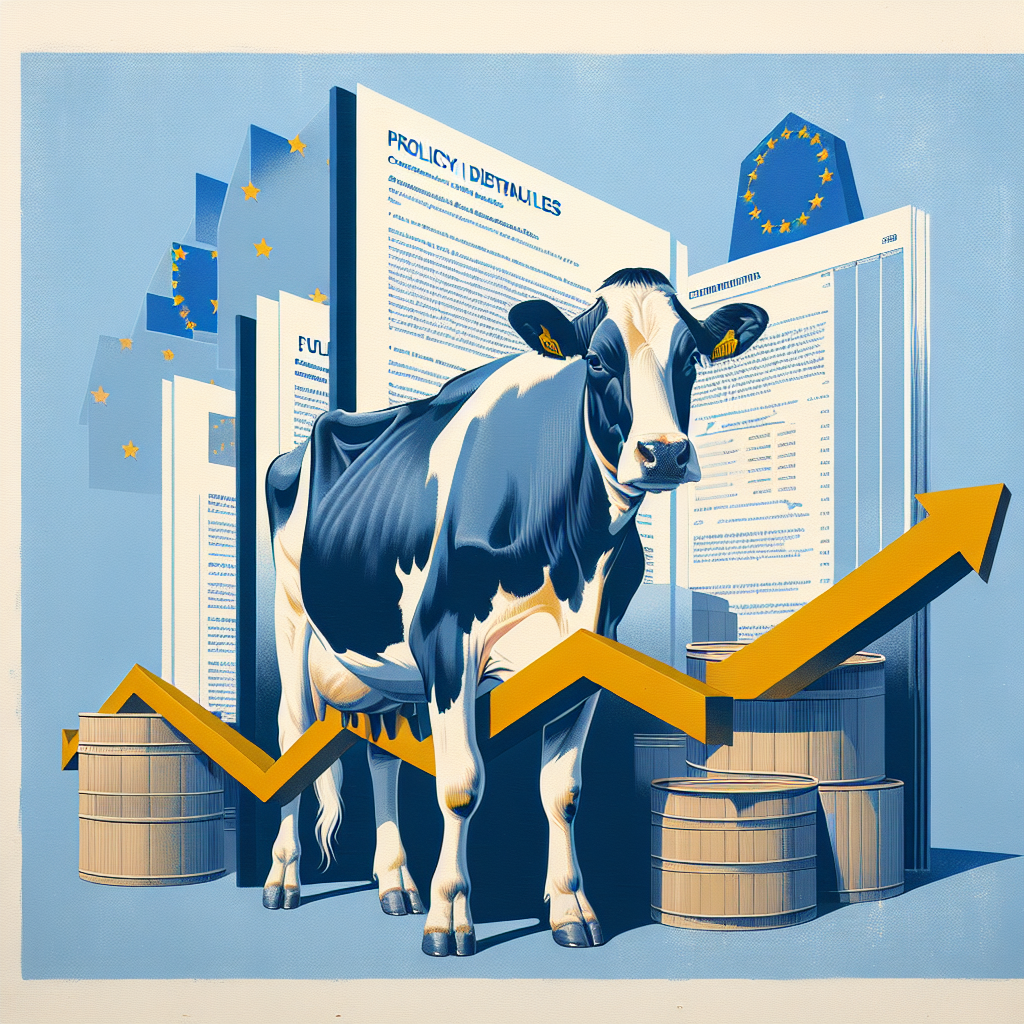
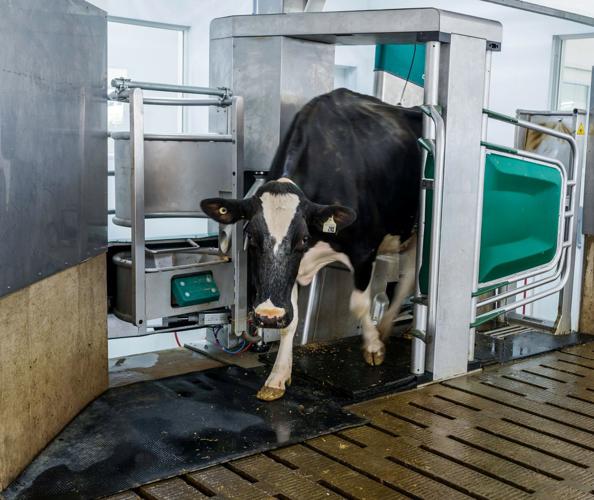
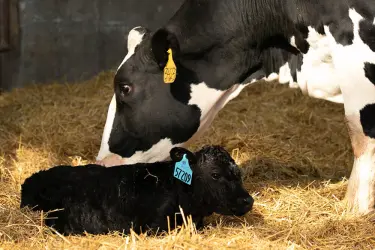
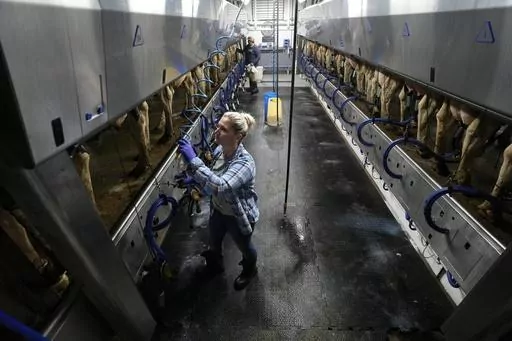

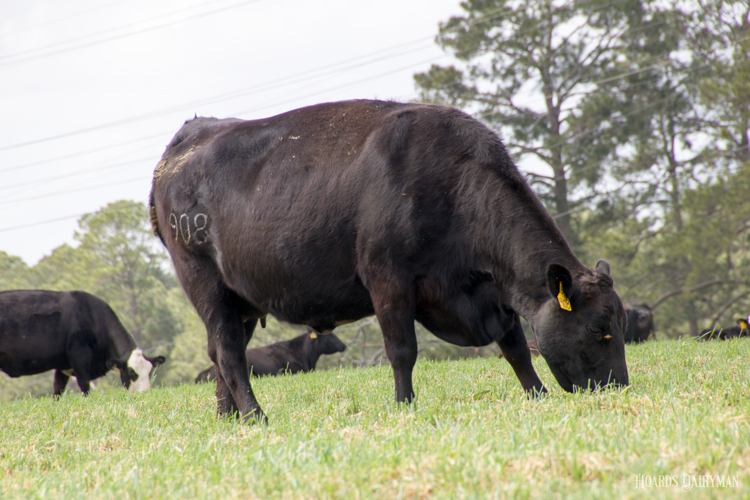
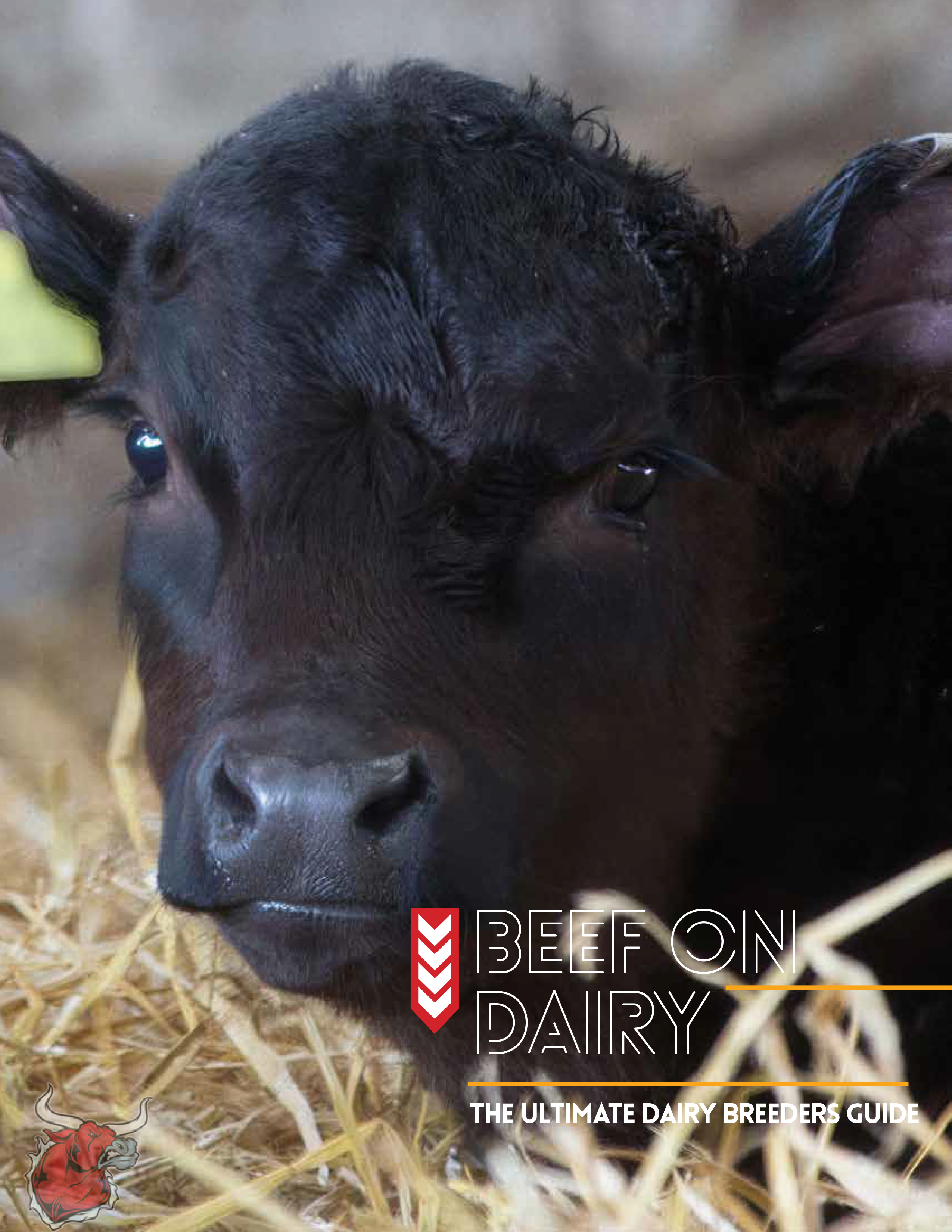
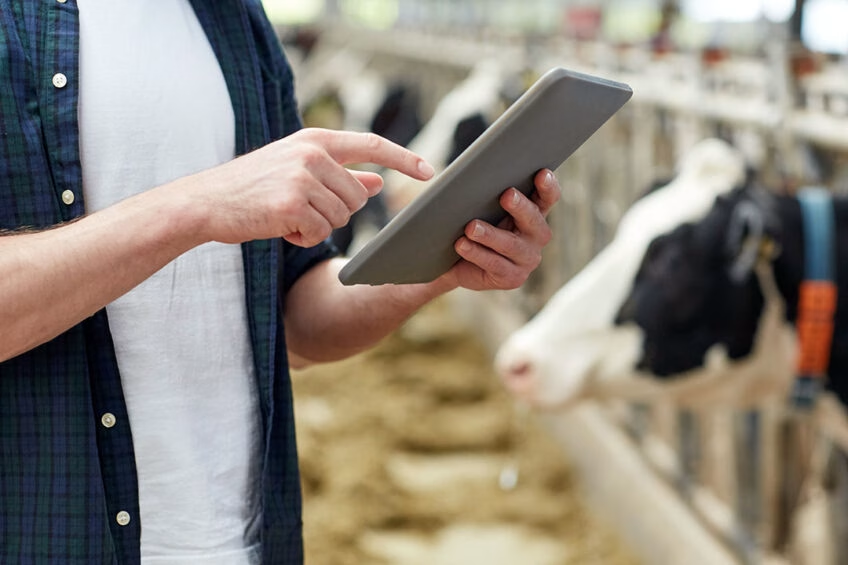


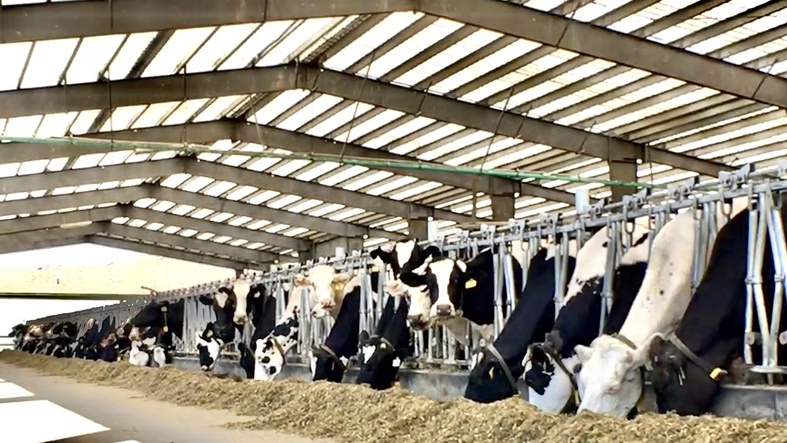
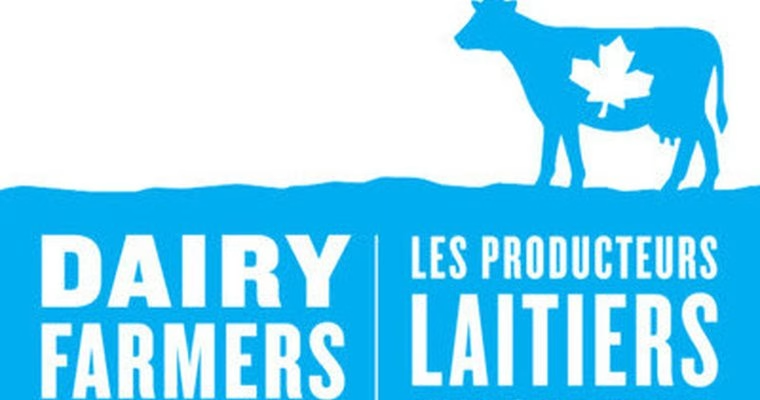

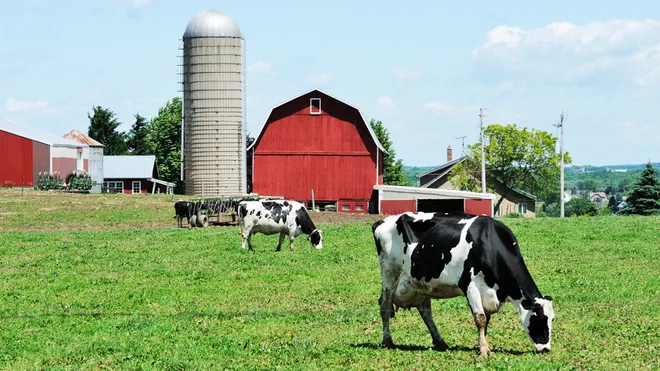


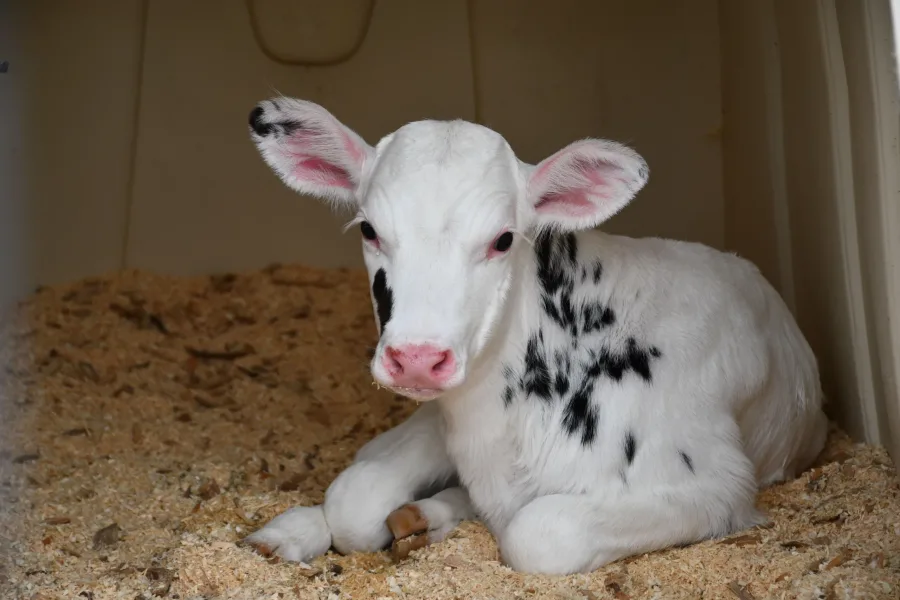
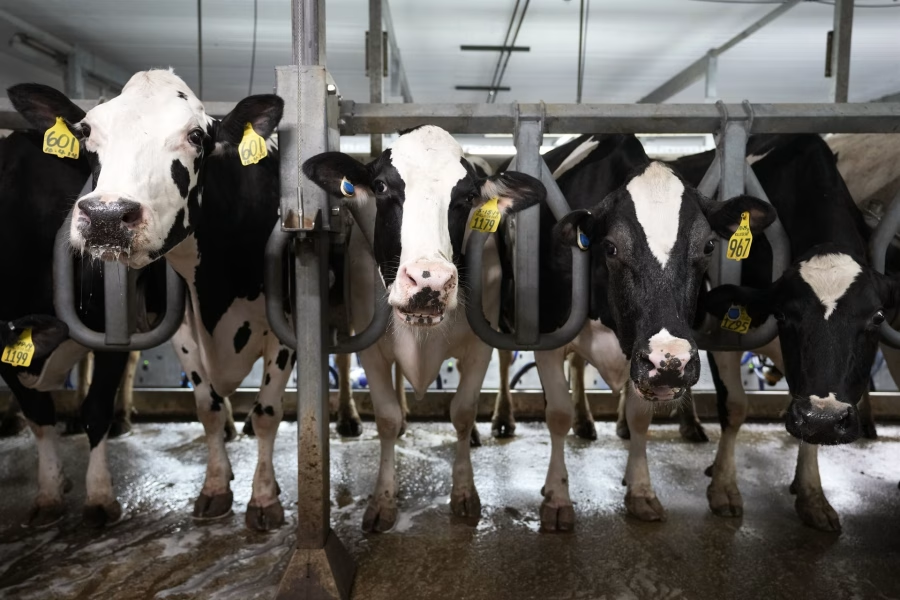
 Meet Holstein Canada’s new leaders for 2024-2025. How will President Gilles Côté and his team drive the future of the organization? Discover their strategic vision.
Meet Holstein Canada’s new leaders for 2024-2025. How will President Gilles Côté and his team drive the future of the organization? Discover their strategic vision.








